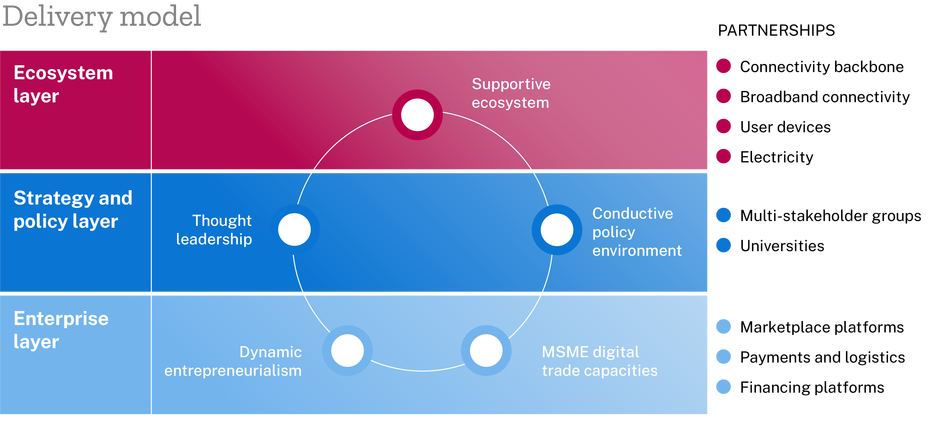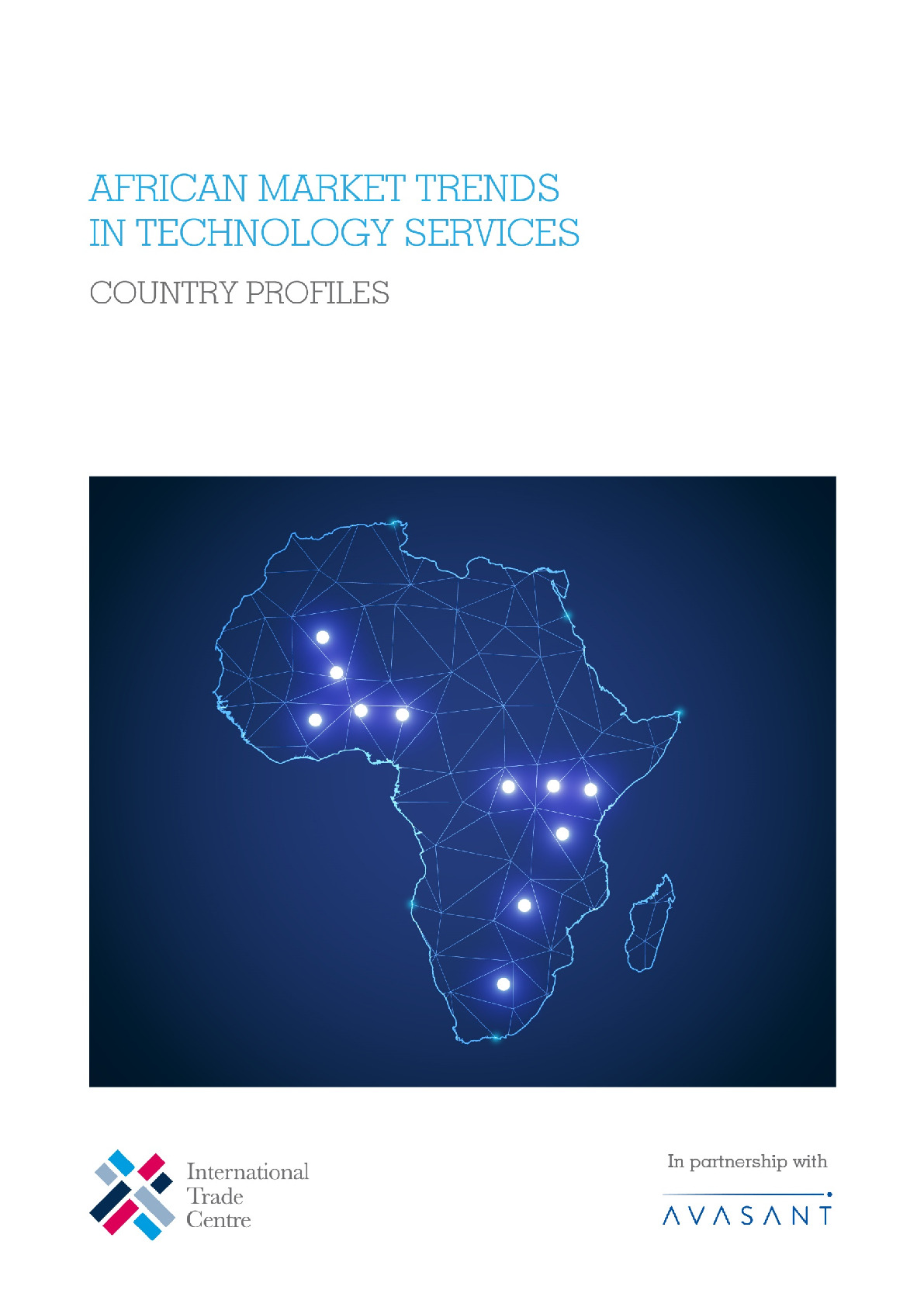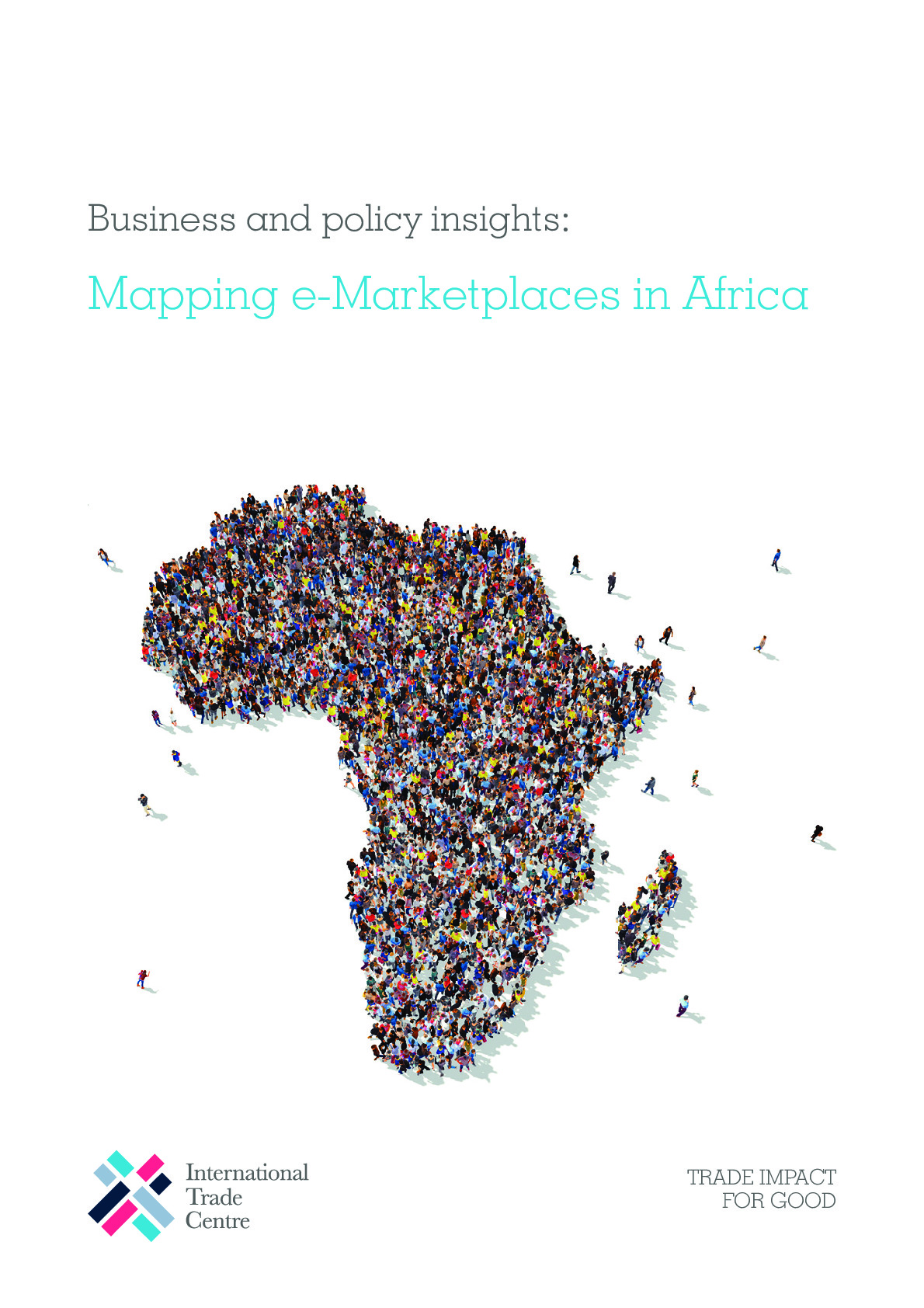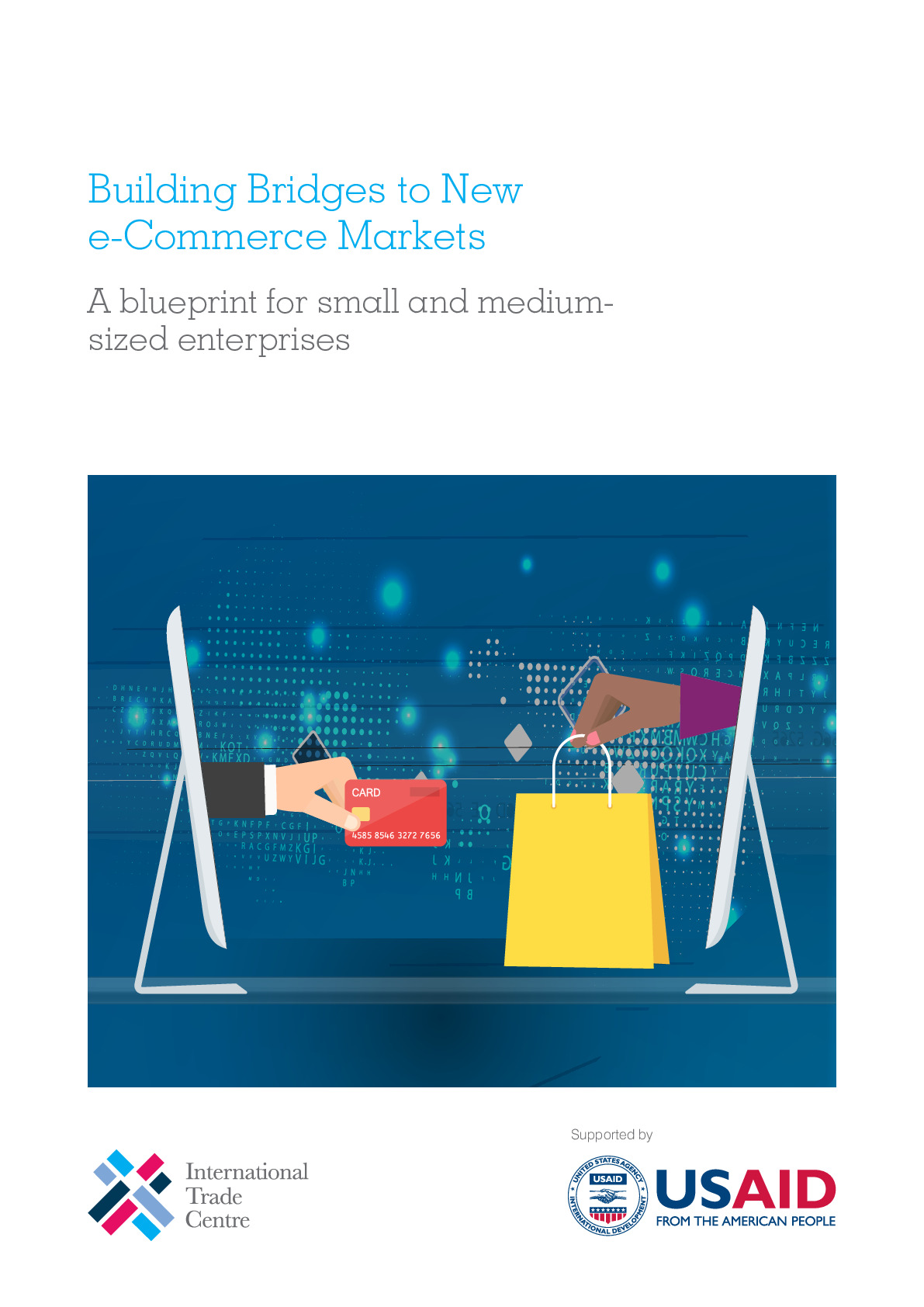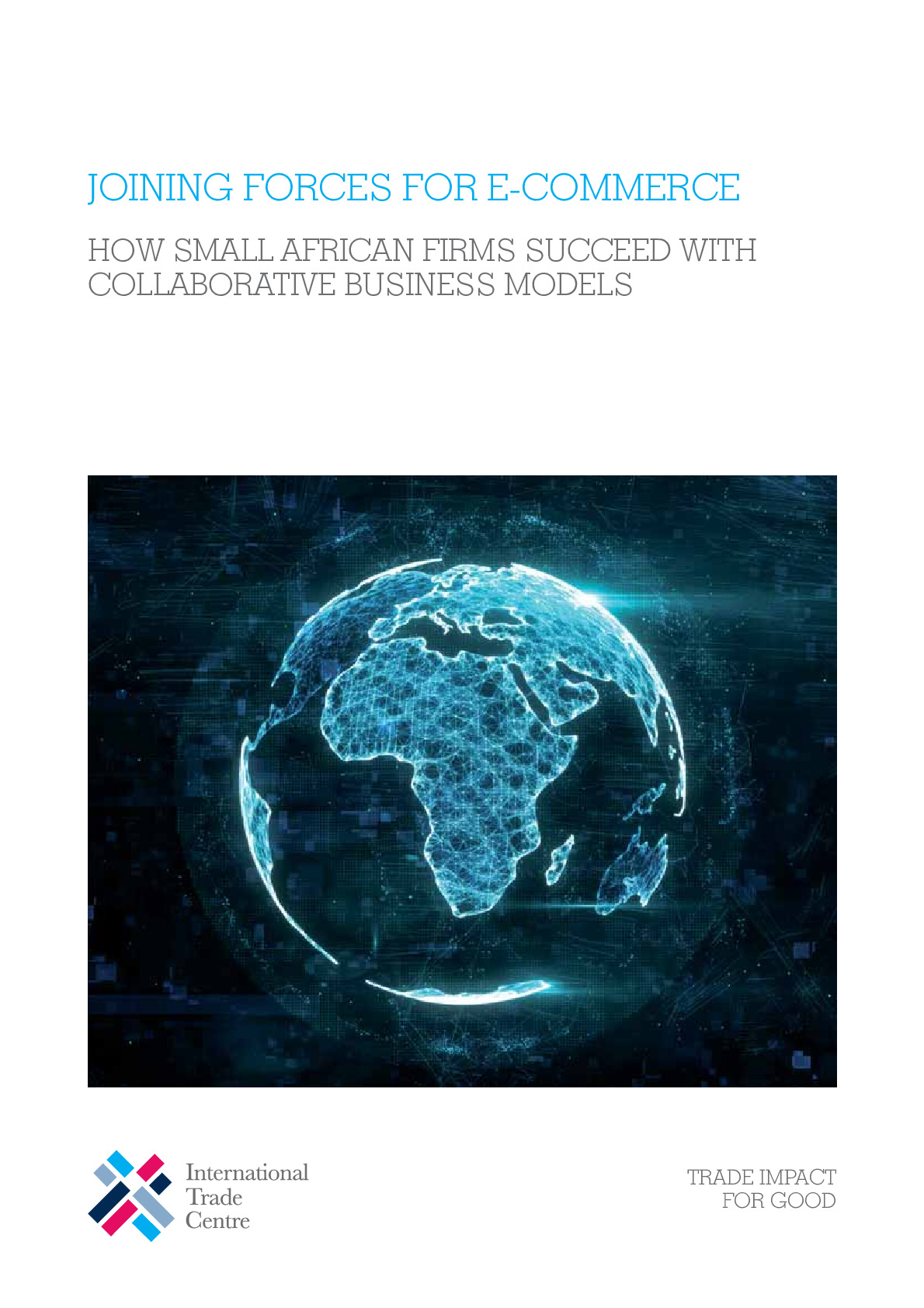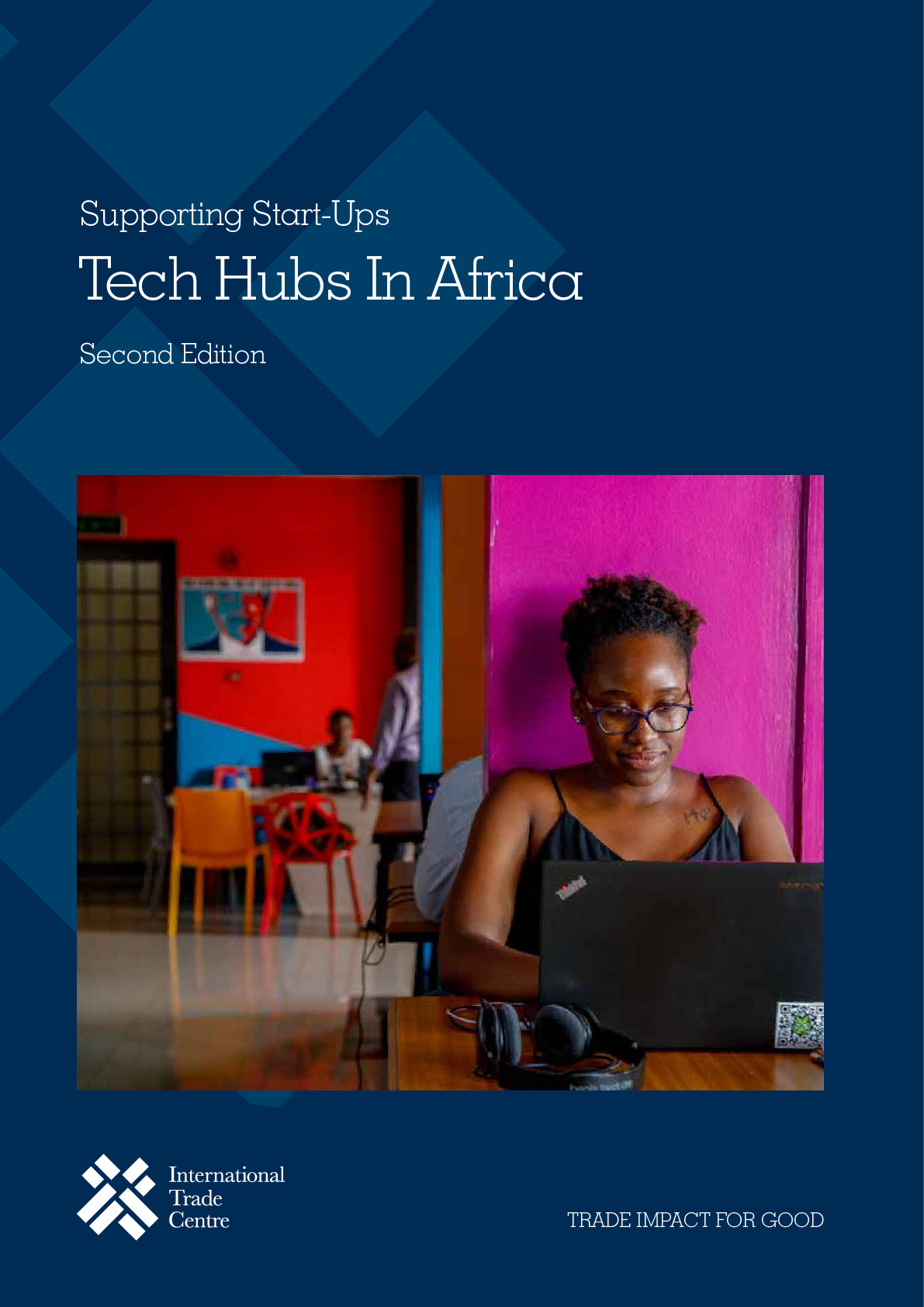Global: Digital Moonshot
Core impact areas
Our cross-cutting delivery model combines the expertise of teams across ITC to address three layers.
- Ecosystem layer: looks at how business support organizations can digitalize their clients and advocate for more affordable connectivity.
- Strategy and policy layer: disseminates evidence-based innovations in policy and thought leadership.
- Enterprise layer: raises the profile of MSMEs to attract investment to new models in connectivity, enabling them to trade digitally.
Partnerships with local and international companies are expected to play a key role, and will require the contribution of partners beyond those traditionally engaged in "Aid for Trade".
These partners may have a far more specific and technical role in delivering connectivity and infrastructure and services. ITC will ensure that MSMEs receive appropriate attention and support to meet their potential. We welcome discussions on how we can best work together toward this outcome.
Ambitions of the Digital Moonshot
- Enable institutions to implement policy and initiatives so MSMEs can access and use the internet;
- Affordable and reliable connectivity, in towns of all sizes;
- Easy, affordable access to online payments;
- Vibrant e-commerce services, including local marketplaces and other service providers;
- Digital entrepreneurialism, built on the development and uptake of local solutions.
Zambia: First Digital Moonshot country
In the initial phase, in 2022, ITC proposes to evaluate the potential for connectivity to digital trade in Zambia.
The initial phase will define how to support the Government of Zambia’s ambitions, while also looking at how to work with private businesses to develop the case for investment in digital connectivity.
Zambia would have a particular role to play as a pilot country. We would aim to define a programme that results in further projects in Zambia itself, in other African countries, and beyond.
ecomconnect [at] intracen.org (Contact us) to get involved.
Video
<p style="text-align: justify;"><span style="color: rgb(0, 0, 0);">ITC's "Digital Moonshot" initiative aims to get more MSMEs online and engaged in digital trade and entrepreneurialism. This initiative is structured within a comprehensive framework, spanning policy, institutional capacity, enterprise capabilities, and strategic partnerships.</span></p><p style="text-align: justify;"><span style="color: rgb(0, 0, 0);">Increasing access and capability to use digital channels and tools could be one of the most powerful mechanisms to respond to the looming economic downturn, and to boost the resilience of small enterprises. Greater participation of MSMEs in digital trade brings economic benefits, drives the demand for digital capacity and improves the business case for further investments in infrastructure.</span></p><p style="text-align: justify;"><span style="color: rgb(0, 0, 0);">The "Digital Moonshot" initiative is integral to ITC's 2022-2025 Strategic Plan, which prioritises digital connectivity as a key enabler to an inclusive, sustainable, and prosperous world.</span></p><p style="text-align: justify;"><span style="color: rgb(0, 0, 0);">Through this initiative, ITC focuses its efforts on ensuring that investments in connectivity are prioritised and that the conditions are in place for MSMEs in the developing world to profit from digital trade.</span></p><p style="text-align: justify;"><span style="color: rgb(0, 0, 0);"><span data-contrast="none" lang="EN-GB"><span data-ccp-parastyle="Normal (Web)">The Digital Moonshot team is committed to fostering the digital transformation of developing and transition countries by enhancing their digital polic</span><span data-ccp-parastyle="Normal (Web)">ies</span><span data-ccp-parastyle="Normal (Web)"> and strateg</span><span data-ccp-parastyle="Normal (Web)">ies</span><span data-ccp-parastyle="Normal (Web)">, </span><span data-ccp-parastyle="Normal (Web)">reinforc</span><span data-ccp-parastyle="Normal (Web)">ing</span><span data-ccp-parastyle="Normal (Web)"> digital ecosystems, </span><span data-ccp-parastyle="Normal (Web)">and</span><span data-ccp-parastyle="Normal (Web)"> the competitiveness of </span><span data-ccp-parastyle="Normal (Web)">MSMEs</span><span data-ccp-parastyle="Normal (Web)"> </span><span data-ccp-parastyle="Normal (Web)">to</span><span data-ccp-parastyle="Normal (Web)"> </span><span data-ccp-parastyle="Normal (Web)">participate</span><span data-ccp-parastyle="Normal (Web)"> in </span><span data-ccp-parastyle="Normal (Web)">online trade</span><span data-ccp-parastyle="Normal (Web)">.</span></span><span data-ccp-props='{"134233117":true,"134233118":true,"201341983":0,"335559740":240}'> </span></span></p><p><span style="color: rgb(0, 0, 0);">The priority for the "Digital Moonshot" in 2024 is to build partnerships with other UN organisations and private sector groups working in multiple countries, in order to continue and extend support through their related operations and networks. The programme will continue to raise awareness and ITC's profile as a leader in Digital Trade through UN partnerships, such as the Broadband Commission Working Group, EQUALS initiative, and global events including the Summit of the Future and WTO Public Forum.</span></p><p><span style="color: rgb(0, 0, 0);">These partnerships will be leveraged through other XB projects and address various objectives:</span></p><ul type="disc"><li><span style="color: rgb(0, 0, 0);">Provide policy and strategy support for the digital connectivity sector by training policymakers as well as proving advice on digital-focused policies and strategies and supporting African countries to advance legal and regulatory reforms, particularly concerning the AfCFTA and JSI negotiations.</span></li><li><span style="color: rgb(0, 0, 0);">Empower business support organisations to build their capacity in digital and support the migration to digital trade.</span></li><li><span style="color: rgb(0, 0, 0);">Support MSMEs in taking full advantage of existing digital connectivity networks and connecting the unconnected through setting up the rural hub(s).</span></li><li><span style="color: rgb(0, 0, 0);">Support MSMEs with digital skills, investment readiness and international exposure.</span></li><li><span style="color: rgb(0, 0, 0);">Foster business-friendly tech ecosystems and provide support for greater participation in digital trade.</span></li><li><span style="color: rgb(0, 0, 0);">Leverage partnerships to connect more MSMEs to the internet and markets.</span></li><li><span style="color: rgb(0, 0, 0);">Incorporate AI into our methodology and increase its adoption by MSMEs.</span></li></ul>




